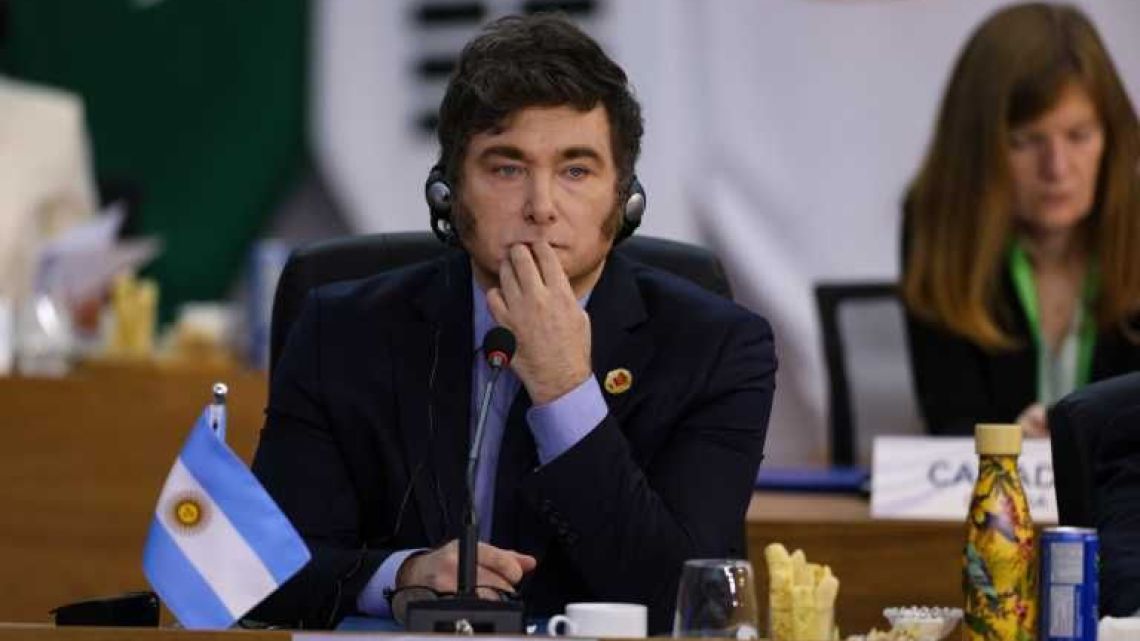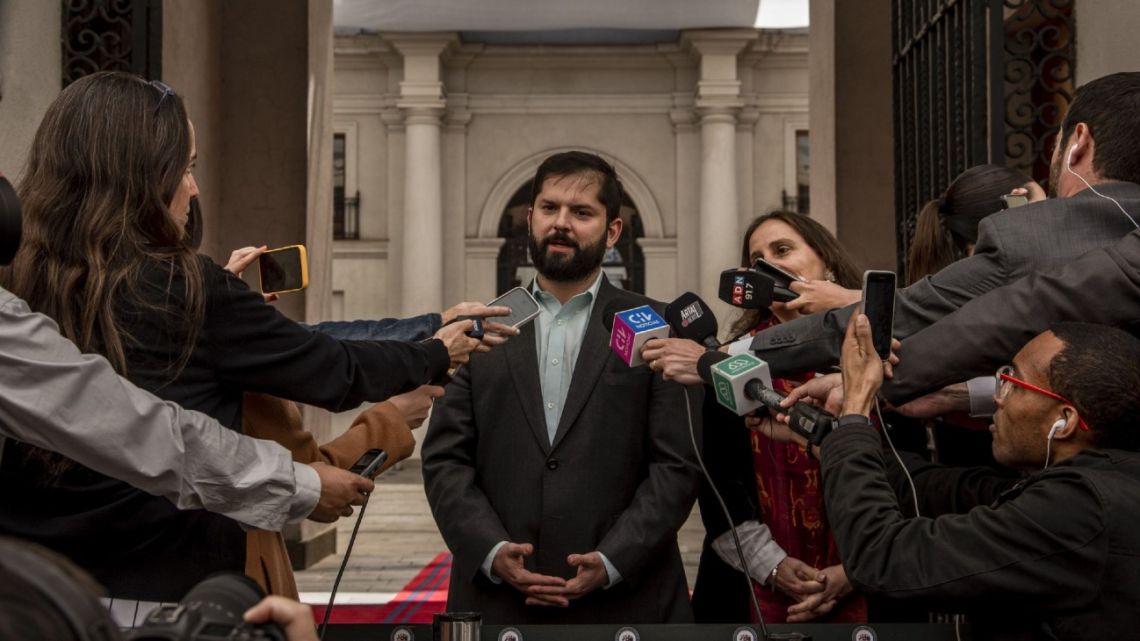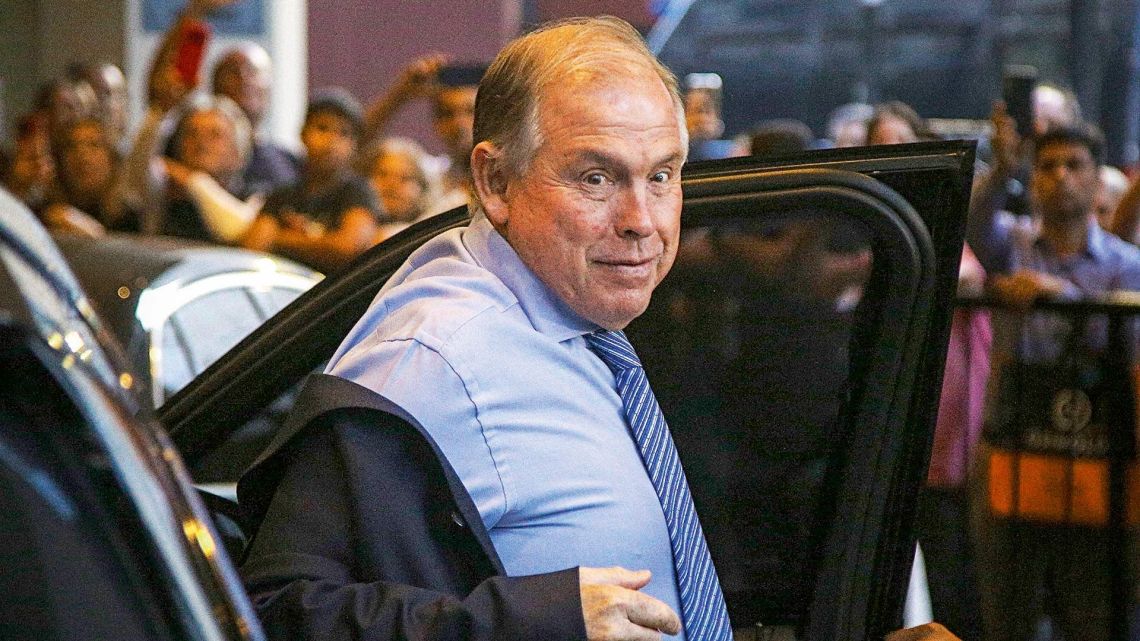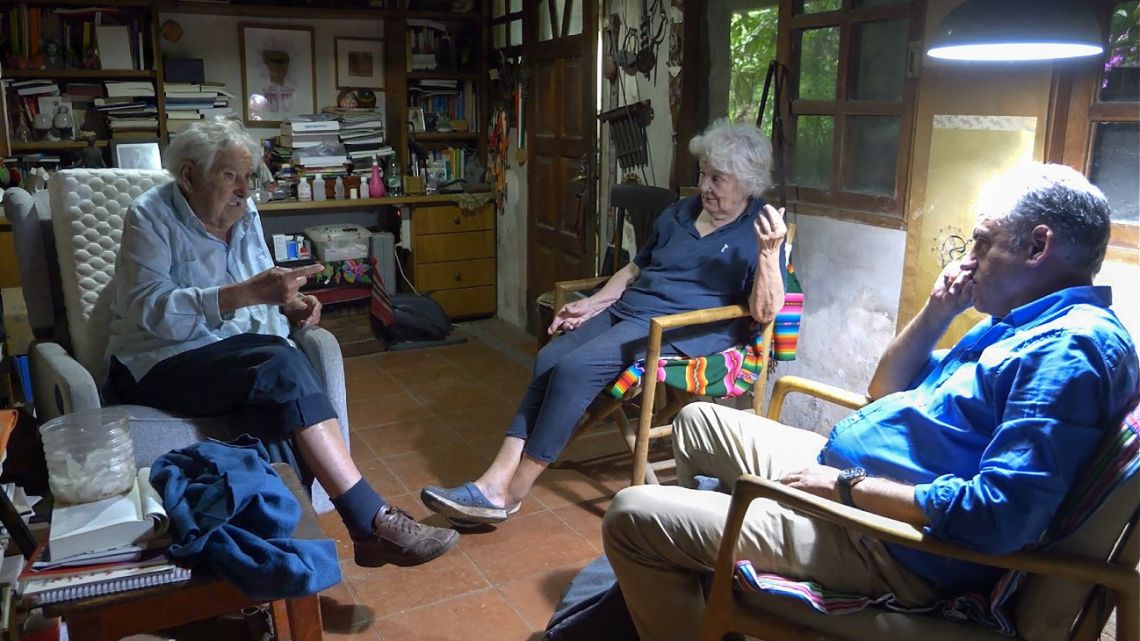Romania’s presidential elections on November 24 could mark a significant shift in the country’s political landscape. With the potential rise of conservative candidate George Simion, leader of the AUR party, the elections might signal a move toward nationalism.
This shift could impact this European Union and NATO member state, which borders Ukraine. Simion’s campaign has gained momentum by addressing the frustrations of Romanians grappling with high inflation—10% in 2023 and an expected 5.5% in 2024.
Polls indicate he could secure between 15% and 19% of the votes, possibly advancing to a decisive second round on December 8. At 38, Simion’s rhetoric often includes mystical and conspiratorial elements, which could significantly alter Romania’s political direction.
Romania, with its population of 19 million, has so far resisted the nationalist trends seen in neighboring countries like Hungary and Slovakia. The outcome of these elections is crucial, even though the presidency is largely ceremonial.
Current Prime Minister Marcel Ciolacu, a social democrat, leads the polls with 25%, but Simion’s rise could disrupt this balance.
 Conservative Surge Challenges Romania’s EU Alignment. (Photo Internet reproduction)
Conservative Surge Challenges Romania’s EU Alignment. (Photo Internet reproduction)The strategic importance of Romania cannot be overstated. It shares a border with Ukraine and has a vital role in NATO, hosting over 5,000 troops and facilitating Ukrainian grain transit via its Black Sea ports.
Romania’s Role in Regional Stability
These factors make Romania a key player in regional stability. Simion openly supports Donald Trump and seeks to capitalize his win by promoting a “more patriotic” Romania.
He opposes military aid to Kyiv and criticizes Brussels as a “corrupt bubble,” while also standing against LGBTQIAPN+ rights. If successful, Simion’s party could gain momentum in the upcoming legislative elections on December 1.
The campaign has been marked by controversies, including accusations against Simion of meeting with Russian spies—a claim he denies. Additionally, Ciolacu has faced scrutiny over his use of private jets.
Despite these challenges, Ciolacu aims to present himself as a stable leader who can navigate Romania through turbulent times. In third place is Elena Lasconi, a former journalist and center-right mayor who could surprise voters.
As Romania stands at this crossroads, the election results will shape not only its domestic policies but also its role on the international stage.

 By The Rio Times | Created at 2024-11-25 09:19:07 | Updated at 2024-11-26 17:17:51
1 day ago
By The Rio Times | Created at 2024-11-25 09:19:07 | Updated at 2024-11-26 17:17:51
1 day ago








